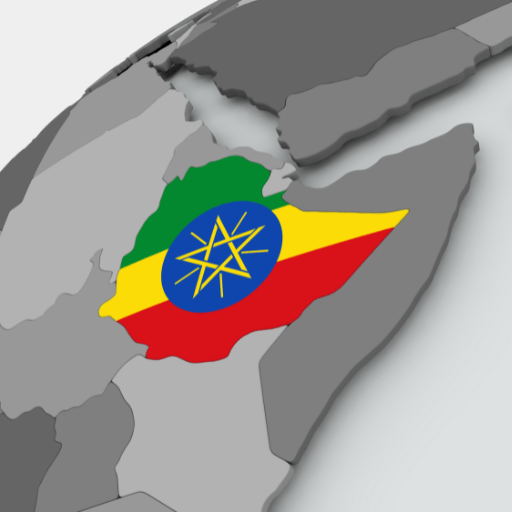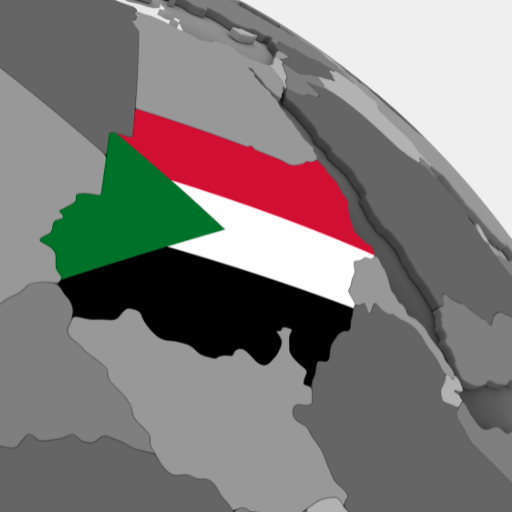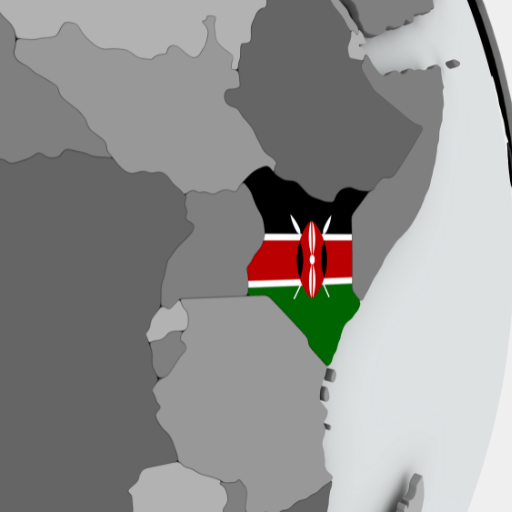Experience
- Home
- Experience
Since 2012 Axiom Monitoring and Evaluation has been working with wide range of consultants in different regions of the world– from senior field research experts to fixers and enumerators. When referring to field deployment, we mean field presence, where Axiom Monitoring and Evaluation enumerators have boots on the ground and conduct field observation or face to face interviews. The field access is the keystone of our approach to security and context analysis. Axiom ME has trained more than 450+ enumerators in conducting data collection (quantitative household interviews), field data analysis, ethics and quality assurance. Axiom ME’s extensive database of consultants enables us to conduct small, medium to large projects.
Numerous partnerships have been forged with qualified partner organizations. Trained enumerators can be mobilized within 48 hours to conduct a large-scale exercise with close questionnaires on a tablet, ODK or Kobo and old-fashioned printed forms. This adaptability allows to answer to the needs of each client within specific areas and to address particular access constraints.
Yemen

2023
Axiom ME's Study on Social Housing Initiative in Yemen
After years of conflict, Yemen has experienced the world’s worst humanitarian crisis. According to UN OCHA, 23.4 million are in need of humanitarian assistance, 4.3 million are internally displaced, 79% are women and children and 7.4 million are in need of shelter.
Many yemeni families living in cities have had to accept and live in inappropriate housing (generally consisting of a single room measuring 4 square meters) due to rising rents and lack of affordable housing.
Since the beginning of the conflict, the international community has been quick to help alleviate the suffering of citizens by providing emergency humanitarian aid in food, health, education etc. However, no attention has been paid to the issue of improving housing conditions under the pretext that this type of intervention requires significant funding.
In an effort to improve housing conditions, Axiom ME carried out a study to develop social housing, which is mainly based on the creation of an effective partnership that aims to bring together the main development partners (private sector, public sector, civil society organizations) in order to provide economic housing for poor and low-income families.
This study is part of Axiom ME’s activities in Yemen, which aims to contribute to the achievement of sustainable development in the countries. Since June 2023, Axiom ME has been coordinating and bringing together the points of view of the main development partners in the country.
In its vision of social housing, Axiom ME is based on the following main axes:
- Encourage the social responsibility of the private sector.
- Mobilize the international community in favour of social housing.
- Bring international expertise to the social house.
- Encourage and strengthen traditional technical skills in housing construction.
- Monitor and evaluate the social housing projects.
- Provide control and quality assurance on funds allocated to Social Housing in Yemen.
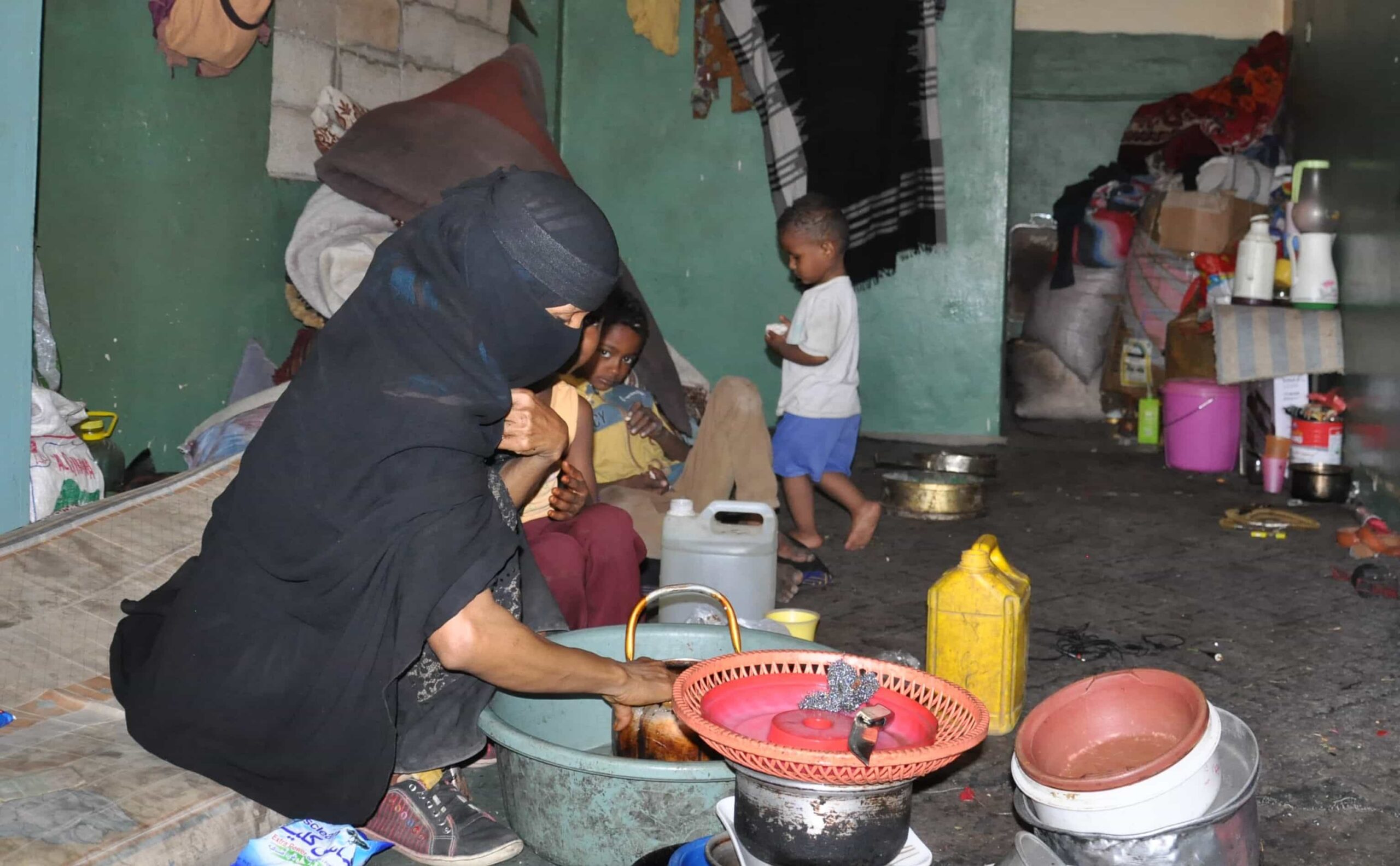
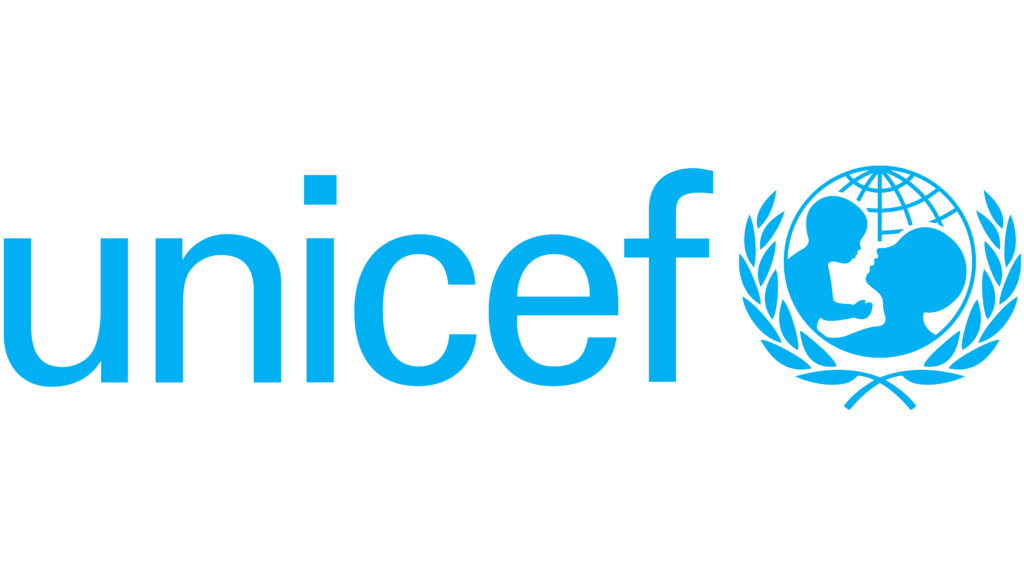
Yemen
2023 – 2024
Evaluation of Scale-Up of the Minimum Service Package (MSP) at the Primary Health Care Level in Yemen.
The MSP is a compendium of accessible health services corresponding to the Disease Control Priorities (DPC)-3 Highest Priority Package, selecting the most critical, relevant, cost-effective, and affordable interventions suited for Yemen. The MSP reinforces the critical leadership role of the government at all levels (central, governorate, and district), while engaging key stakeholders such as WHO, UNICEF, and NGO partners. The MSP targets the District Health System, focusing on improving the accessibility of health services at the primary and secondary levels and strengthening referral mechanisms for all levels of care.
Axiom ME has deployed the field data collection to 10 governorates, and 40 districts conducting 175 KII, 80 FGDs, and 120 FOs to better understand the effects of the projects. Extensive data analysis of health information provided by MopHP has also been collected.

Yemen
2022-2024
Quality implementation support services for UNICEF cash transfer projects.
LTA. TPM verifying suspected fraud allegations/grievances identified during the project implementation through various sources including complaints received directly from individuals via the UN agency Call Center, suspicions brought to the attention of the UN agency from the reports of its field office teams, reports from the Third-Party Monitoring (TPM) and Post Distribution Monitoring (PDM), the UN agency issue log, and data analysis using the MIS data. Investigate suspected identity theft and fraud allegations/grievances identified from different sources and communicated by the YSC to the QISS SPO as per agreed protocols that were established for the covered cash transfer and voucher YSC projects. Type of CBI covered are; Unconditional Cash Transfer Project; Humanitarian Cash Transfers; Rural Female Teachers’ Salaries Project; Temporary Teachers’ Incentives Project; Provision of School Grants; Cash Incentives to Support Teachers and School-based Staff; Per-diem Allowances for Health Workers and Volunteers; Hazard Allowances to Health Facility staff; Health Voucher Project; Nutrition Voucher Scheme.

2017-2022
Yemen
Evaluation Essential Health and Nutrition Project (EHNP)
Conduct comprehensive evaluation of the EHNP across the whole country through the deployment to 100 heallth facilities distributed across Yemen and aiming at 400 KII and 100 field observations.
The objective of EHNP is to contribute to the provision of basic health, essential nutrition, water and Sanitation services for the benefit of the population of the Republic of Yemen; to scale up MSP strategy and packages, to provide basic and essential services such as maternal, obstetric, and neonatal care, nutrition services, and other critical lifesaving services in district hospitals, inter-district hospitals and governorate hospitals, to support public health programme; disease surveillance, immunization, and to strengthen health system. The key stakeholders are: WHO,UNICEF, World bank, local authorities, health professional etc
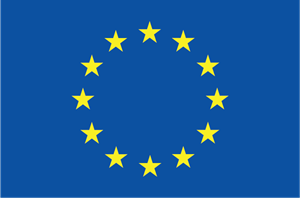
2021 - 2023
Yemen
TPM of EU resilience projects in Yemen. Axiom ME is conducting TPM on EU funded resilience projects in Yemen.
For this Third Party Monitoring and Evaluations, Axiom ME is implemented TPM and evaluations of Health and Resilience projects across both south and north governorates for large scale projects implemented by UNICEF, UNDP, FAO, OECD, UNESCO, Danish Red cross, EPOS, SFD, PWP, KFW, etc
Ethiopia

Ethiopia
2022 – 2023
Third party monitoring for UNICEF activities across all regions of Ethiopia with a focus on sectors of health, Nutrition, WASH, and education, child protection, end user, ECO access. 30 staff deployed.
Sudan

Sudan
2023
Post Distribution Monitoring for UNICEF MCTT+ project implemented in Red Sea and Kassala. 1,250 HH. Assessment on the process of cash distribution projects and beneficiaries expenditure patterns.
Kenya

2023
Kenya
Gender assessment for the project supporting Displacement-Affected Communities in Kenya
Qualitative-driven participatory approach with community members and potential project beneficiaries in Kitengela, Kawangware, Eastleigh and Kasarani within Nairobi County. The gender assessment provided key findings on gender norms, financial knowledge, access and usage, perception of well-being and a gender power analysis to inform project implementation.

2020
Kenya
Socioeconomic and vulnerability assessment in Kakuma refugee camp and Kalobeyei settlements.
NRC and TU aimed to develop and implement a full graduation programme that targets extreme poor refugee and host community households in and around Kakuma refugee camp and Kalobeyei settlement in Kenya. identify the characteristic of poor and extremely poor for better selection and targeting during the implementation of the project.
South Sudan

2022 - Ongoing
South Sudan
Mid Term Evaluation Multi-Sectoral and Integrated Humanitarian and Recovery Support for South Sudan.
Client - IOM, Wau, Malakal, and Bentiu
IOM is providing a comprehensive, multisectoral humanitarian response in South Sudan. The aim of the humanitarian response was to provide life-saving humanitarian assistance to vulnerable and conflict-affected people in South Sudan, in coordination with other humanitarian response partners.

2021 - Ongoing
South Sudan
External End Evaluation (EEE) of the Addressing Root Causes (ARC) Programme
Client - Care, Bor, Twic East, Pibor and Duk
CARE implemented a 5-year peacebuilding program in Jonglei State, and the Greater Pibor Administrative Area (GPAA) of South Sudan with funding from the Dutch Ministry of Foreign Affairs, in partnership with HDC, and technical support from CARE Netherlands. The ARC programme aimed at addressing the root causes of armed conflict, instability, and irregular migration.

2021
South Sudan
Evaluation of DRC Multi-sectoral humanitarian and resilience assistance across South Sudan
Client - DRC, Bentiu, Jamjang and Malakal
The intervention sought to alleviate suffering by advancing access to basic rights, needs and coordinated humanitarian assistance for the affected populations. Other implementational priorities included enhancing access to justice, sustainable basic goods, services and economic opportunities among the refugees, returnees, IDPs and host communities.

2021
South Sudan
Final Evaluation GBV Prevention and Response for Conflict-Affected Populations in South Sudan/HARISS Programme
Client - IMC South Sudan Wau, Malakal, Bor, Nyal
The project’s main aim was to empower communities and build resilience by promoting social and behavioural change to address the root causes of GBV in the country.
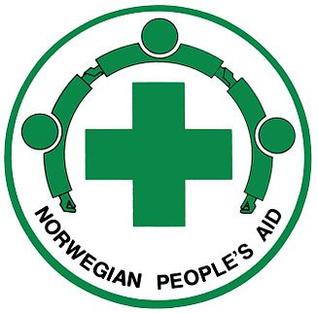
2021
South Sudan
Mid-Term Evaluation of the EU funded “Expansion of rural agricultural inputs supply and extension services (E-RAISE).
Client - NPA South Sudan Lake State (Rumbek East, Rumbek Centre, Yirol East, Yirol West, Wulu and Cueibet)
RAISE was a 3-year EU funded project implemented by the NPA and Global Agriculture Innovation and Solutions (GAIS). The project’s overall objective is “To contribute to improved food security and income of the Republic of South Sudan”. The E-RAISE project was building upon the achievements of the South Sudan Rural Development Programme (SORUDEV), which was implemented by NPA from 2015 to 2017 in the Lakes State. The E-RAISE project targeted 6 counties in Lakes State, namely Cueibet, Rumbek Central, Rumbek East, Wulu, Yirol West and Yirol East.

2021
South Sudan
Mid-Term Review
Client - Save the Children Budi, Magwi Kapoeta East and, Lopa/ Lafon
Mid-Term Review of “Support to the livelihood’s recovery, reintegration and resilience of conflict-affected IDPs, returnees and host communities in Eastern Equatoria, programme in South Sudan”

2020
South Sudan
Final Evaluation of the NGO Safety Advisor Programme
Client - DRC South Sudan Unity and Upper Nile State, South Sudan
The goal of the NGO Safety Adviser programme in Unity and Upper Nile states was to enhance security coordination, contextual understanding, and humanitarian access in insecure locations in the target area, with the intervention designed as part of wider programming supporting the overall coordination of the humanitarian response both through static and mobile responses.
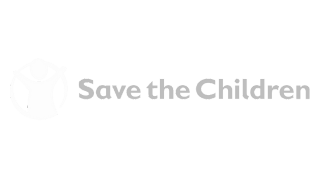
2020
South Sudan
Final Evaluation
Final Evaluation of Phase VI: Strengthening community-based child and youth protection prevention and resilience interventions in Refugee Camps and Host Communities in Maban, Upper Nile State.
Democratic Republic of Congo

2019
Democratic Republic of Congo
Solidarités Internationam. 2019. Audit intern RRMP. Le RRMP est un projet historique pour SI qui a été l’un des fondateurs de ce programme. Le RRMP a atteint sa neuvième phase en DR Congo et a débuté en 2011.
Somalia

2023
Somalia
Assessment of LLINs Ownership and Use in Somaliland.
1,000 HHs. Focus on LLINs ownership and use through a randomized sampling per cluster in the targeted regions and districts. Work in close collaboration with MoH. Production of dashboard, spatial analysis and final report.

2023
Somalia
Final External Evaluation: Addressing Drivers and Facilitating Safe, Orderly and Regular Migration in the Contexts of Disasters and Climate Change in the IGAD Region-the project is also known as Migration, Disasters and Climate Change (MDCC).
In collaboration with the Migration Policy Institution, the evaluation assessed intermediate results achieved, whether the outcomes supported the programme objective, identify good practices and lessons learnt, and provide SMART recommendations that identify thematic gaps and support future programming. Recommendations will focus on ensuring the use of the evaluation by targeting the recommendations to relevant stakeholders, including participating UN organizations and partners. Axiom ME is responsible for data collection in 3 countries (Ethiopia, Somalia and Kenya) and analysis and reporting.
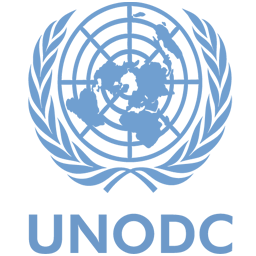
2022-2023
Somalia
Improved Application of Information Sharing Maritime Rule of Law in the Western Indian Ocean: Monitoring & Evaluation.
Axiom ME developed a monitoring and evaluation frameworks, guidelines and plans for all programmatic aspects of UNODC’s Global Maritime Crime Programme’s activities in line with UN and UNODC M&E related policies and donor requirement. Axiom ME developed methodologies and monitoring tools for tracking programme progress and knowledge management. Axiom ME conducted trainings for UNODC staff (both virtually and in-person) and developed a training guide on how to use the M&E framework to facilitate effective data collection and analysis to improve monitoring and measurement against the outcomes, outputs and activities.

2022
Somalia
TPM of the Contingency Emergency Response Component (CERC) project
Axiom ME conducted a Third-Party Monitoring (TPM) exercise of the project. The overall objective of the TPM was to assess critical programmatic components with a focus on relevance, effectiveness, impact, and sustainability. This is in addition to identifying and documenting best practices and innovative approaches emanating from the project as well as bottlenecks/challenges and lessons learned and providing recommendations. Field data collection included 1,400 HH interviewed, 250 call centre surveys, 4 in the sampled six major cities across Somalia.

2022
Somalia
Baseline assessments for stabilization through education program, 4 districts in south west state (Marka and Barawe) and Jubaland state (Kismayo and Jamaame), Somalia.
Baseline for stabilization project in Merka, Barawe, Kismayo and jamame focusing on community perception on access to education and its effect on perception of local governance. Baseline articulated on a sample of 2,000 face to face interviews.

2022
Somalia
Multi-Sector Needs Assessment in Jubbaland, Puntland, South Central and Somaliland
The primary objective of this yearly assessment exercise is to map the overall humanitarian needs. in Somalia in the face of protracted displacement crisis and the scale of the need in order for NRC to develop appropriate responses. Using NRC pre-developed questionnaire, Axiom ME collected 2,400 surveys across 20 districts in Somalia. Though the use of HH surveys and key informant interviews, Axiom ME provided NRC with findings on WASH, ICLA, Shelter, FSL, education, to inform future programming.
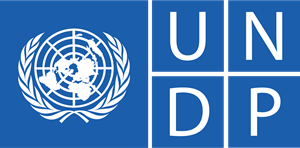
2021
Somalia
Midnimo II - Final Evaluation in Hirshabelle and Galmudug
The Midnimo 2 Project is part of the Somalia Durable Solutions Initiative that supports local government to address the challenges of mass displacement and returns in urban and semi-urban settings in Somalia. It mainly focuses on the states of Galmudug and Hirshabelle. 2021. The End-term Evaluation assessed the effectiveness, impacts, coordination, sustainability and gender inclusivity of the Midnimo 2 project. The project’s effectiveness and impacts were measured through comparisons of output and outcome indicator values at endline, midline and baseline. Two surveys were conducted as part of this evaluation. One survey was conducted with the project’s Cash for Work beneficiaries in Abudwaq, Hobyo and Jowhar to understand the effects of this livelihood support on access to basic services and living conditions.

2021
Somalia
Midnimo 2. Local (Re)Integration Index (LORI) Report (Baseline for MIDNIMO 2).
The Midnimo 2 Project is part of the durable solutions programme that supports local government to address the challenges of mass displacement and returns in urban and peri-urban settings in Somalia. It mainly focuses on the states of Galmudug and Hirshabelle. 2020-2021.The Midnimo 2 Project is part of the durable solutions programme that supports local government to address the challenges of mass displacement and returns in urban and peri-urban settings in Somalia. It mainly focuses on the states of Galmudug and Hirshabelle. The survey enables to better understand the concept of integration and reintegration within the Somali concept and notably emphasizes how the social dynamics influences the perception of integration beyond the migration status. The report further emphasizes the need to nuance the definition of integration with which social circle. 3,774 Households interviews conducted through a call center based on a snow balling approach in Johwar district.

2021
Somalia
Final Evaluation of the Dhulka Nabada project.
To promote peace in Somalia, the project implemented by UN-Habitat (lead agency), UNDP, UNHCR and NRC sought to address land conflicts by supporting land reforms. 2021.This evaluation assessed the project performance by conducting an in-depth assessment of the project’s impact in the targeted districts where UNDP, IOM, UNHCR/NRC and UN Habitat implemented the project. The evaluation also provided the United Nations Peacebuilding Fund (PBF) with background information relating to some actions of the implementing partners by discussing where project activities were implemented and providing reasons for the selected project areas. Lastly, we assessed how conflict sensitivity was adopted (financially and technically). As issues of land reform are political, complex, linked to social dynamics and demand a clear transformational strategy, the report provided a clear outlook of processes and workable indicators to reducing land conflicts.

2021
Somalia
UNOCHA Anticipatory
Following widespread and severe drought in Somalia in 2010-2011 and 2016-2017, the UN Office for the Coordination of Humanitarian Affairs (UNOCHA), Humanitarian Country Team, the World Bank and other partners developed the Anticipatory Action (AA) Framework. Through this framework, the Central Emergency Response Fund (CERF) releases funding against a developed Anticipatory Action Plan to help mitigate projected life-threatening humanitarian impact and protect vulnerable people under worsening conditions. 2021.Survey using 1,500 valid computer assisted phone interviews to measure effects of anticipatory actions for projects implemented by FAO, WFP and IOM. The result of the call center were also compare to a timeline of the community statements, notably on Twitter as per the graphs on the right side, allowing to include the timeline of the community expression of needs and to compare it with the overall findings.

2021
Somalia
Provision of Consultancy Services on Ascertainment of Lessons Learnt from the IGAD Led Somali Mediation and Peace Process IGAD MSU.
The objective of the consultancy was to review and take stock of the lessons learned from the Somali peace process by applying experiences gained for future mediation efforts. 2021.Study through 1) a review and analysis of secondary data on the IGAD-led Somali processes, coupled with 2) KIIs with mediators, technical experts, government officials, IGAD staff and key persons who were involved in the key peace processes in Somalia. Through this work, Axiom ME aims to provide IGAD with a comprehensive report outlining the best practices, key challenges and barriers to peace building, and strategies to improve future IGAD led mediation in Somalia, noting that there is limited stock taking on the Somali peace process, vis a vis other peace processes, for example, South Sudan.

2021
Somalia
Mid term review. IPPSHAR. 40 M EUR.
The Intergovernmental Authority on Development (IGAD) is at a critical point of its mandate as new and larger scale crises have emerged in the Horn of Africa (HoA), increasing the demand for an efficient IGAD Peace and Security Division (PSD). The IGAD Promoting Peace and Stability in the Horn of Africa Region (IPPSHAR) is currently exposed to a test of adaptability which will define IGAD PSD’s credibility amongst MS and donors. 2021.This mid-term evaluation (MTE) assessed the project’s progress, documenting and compiling lessons from the design phase and first 36 months of project implementation (April 2018 through March 2021) and providing actionable recommendations for the end of the project. This was an highly sensitive and strategic review involving all IPPSHAR donors and the IGAD Member states on the thematic of security in the IGAD region. The MTE mainly assessed relevance, effectiveness, efficiency, and sustainability of the programme through an extensive desk review and around 39 KIIs.

Innovative Approach to Positive Change.
Our Presence
Mogadishu, Hargeisa, Nairobi, Sanaa, Aden, France, & Luxembourg.
Call Us
+254 720 217 068
+33 67 6 19 30 14
Email Us
info@me-axiom.com
Explore
Careers & Opportunities
Follow us
Copyright © 2025 Axiom Monitoring and Evaluation Ltd.

